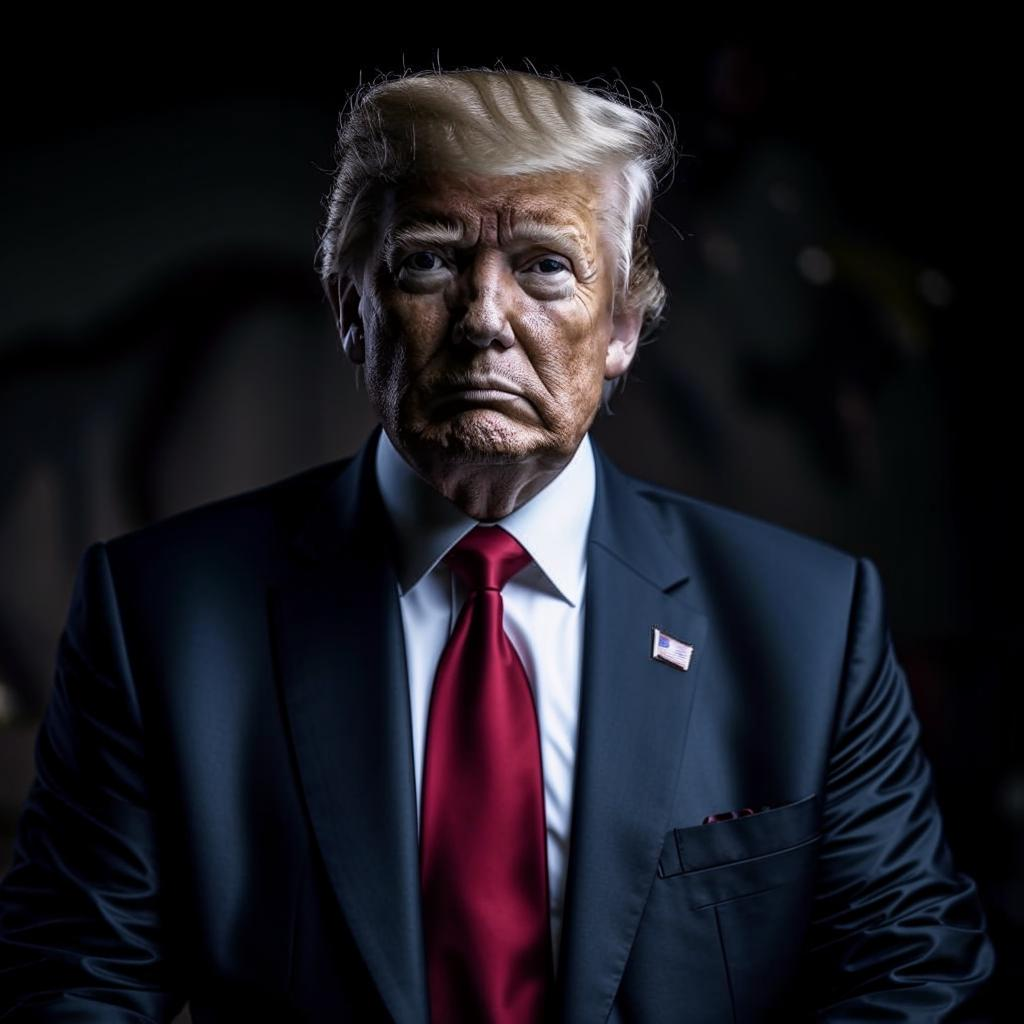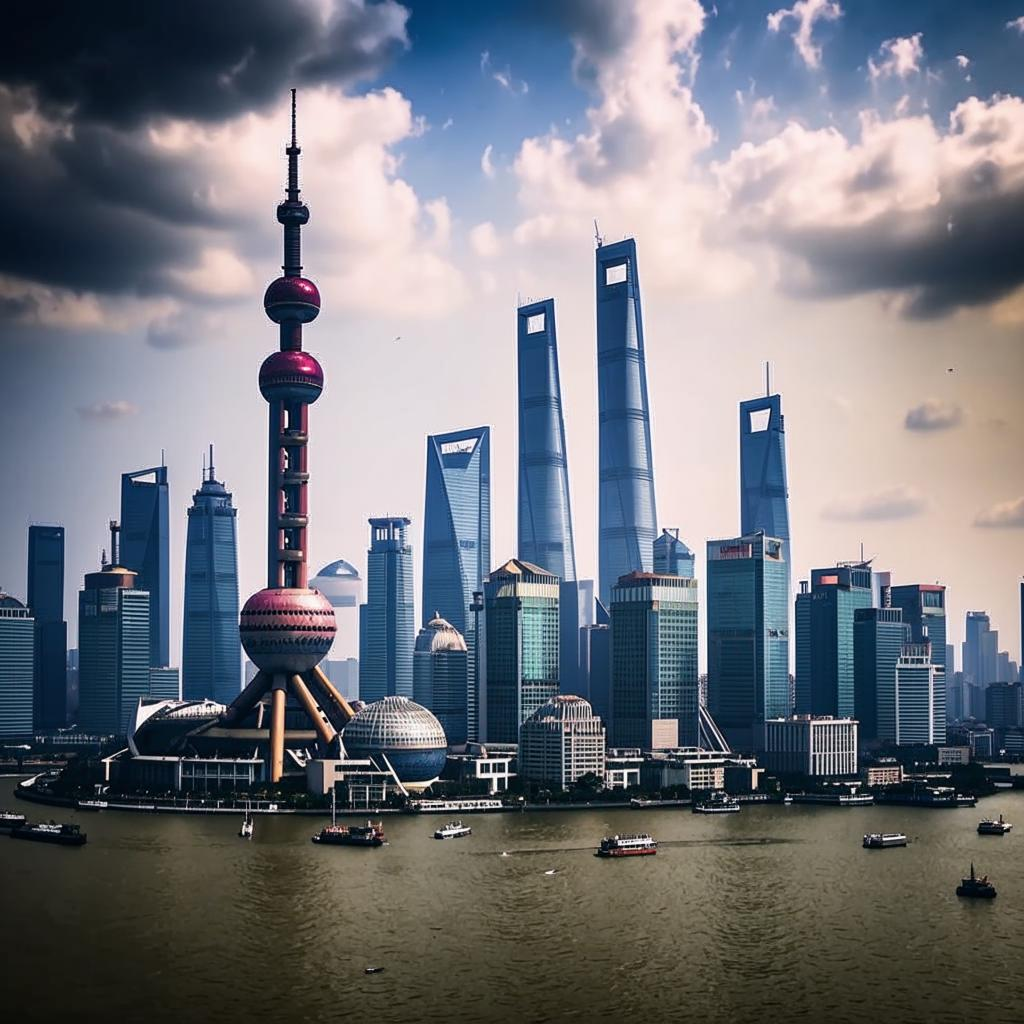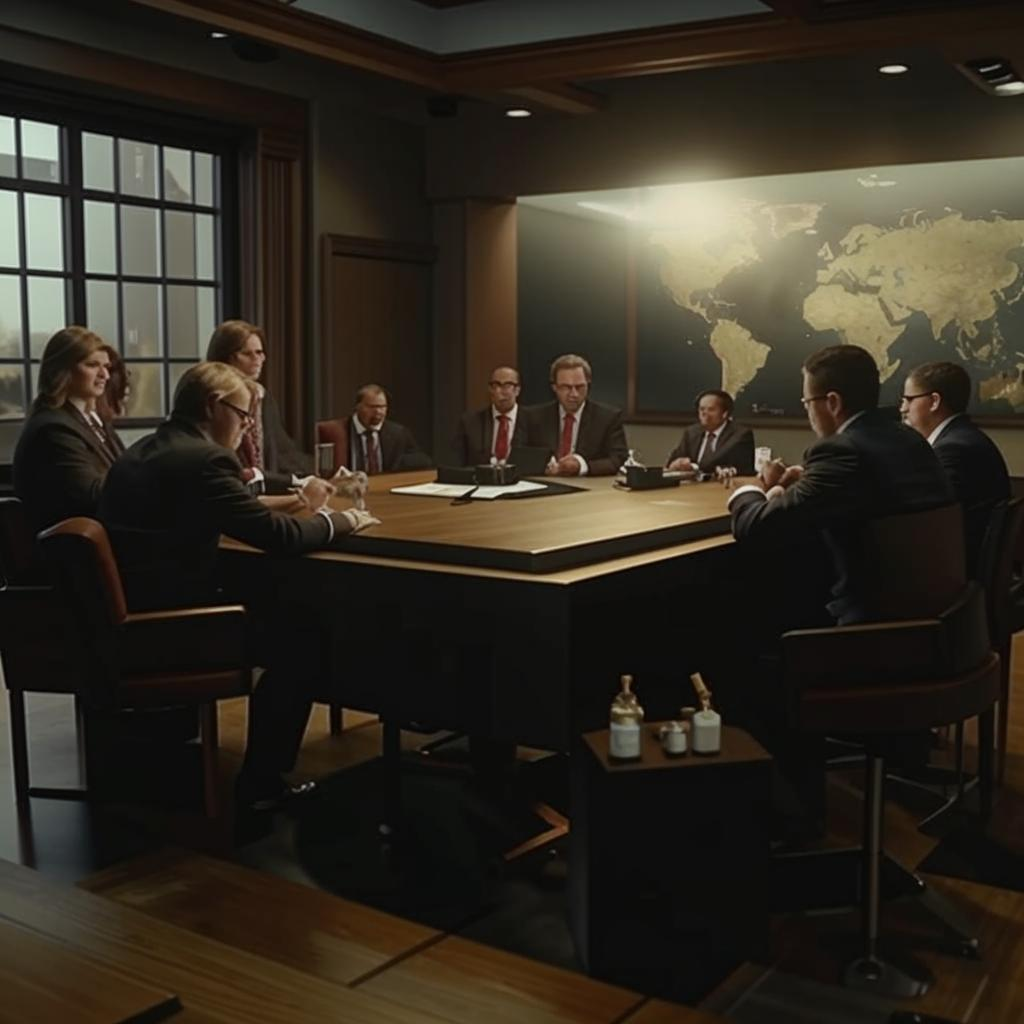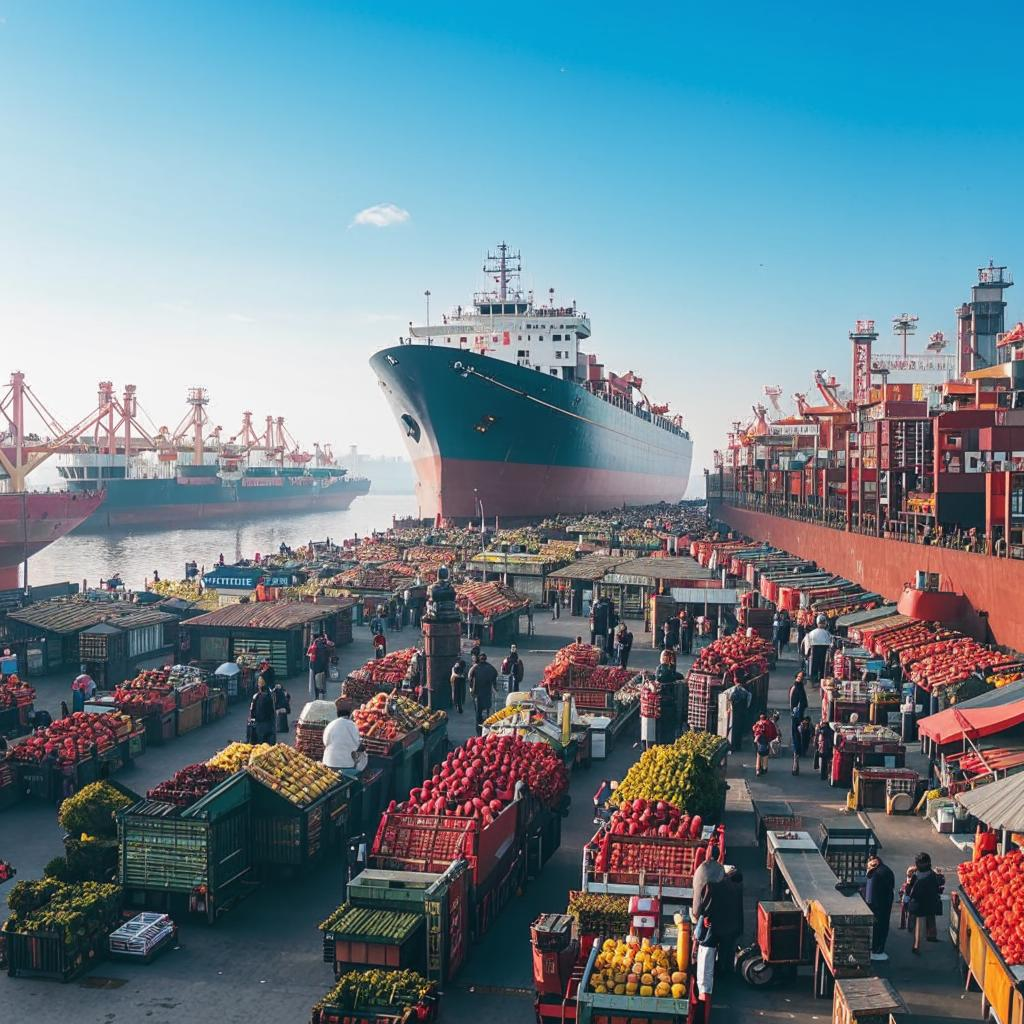Amazon’s CEO issued a stark warning to American consumers: the tariffs enacted under the Trump administration would inevitably lead to higher prices for everyday goods. This announcement amplified concerns already swirling within the business community regarding the potential economic repercussions of escalating trade tensions.
The CEO explained that while Amazon had absorbed some of the initial costs associated with the tariffs, the company could not continue to do so indefinitely. Eventually, these increased costs would have to be passed on to consumers in the form of higher prices. This would affect a wide range of products, from household staples to electronics, potentially impacting the purchasing power of American families.
This warning came amidst ongoing debates about the effectiveness and fairness of tariffs as a trade policy tool. Proponents of tariffs argue that they protect domestic industries and encourage local production. However, critics contend that they ultimately hurt consumers by raising prices and disrupting global supply chains.
Amazon’s statement added weight to the latter argument, suggesting that the benefits of tariffs, if any, are outweighed by the tangible negative consequences for American households. The long-term impact of these tariffs on the US economy remains uncertain, but the immediate effect on consumer prices appears increasingly inevitable. The ripple effects could extend beyond just retail, potentially affecting employment and overall economic growth. This situation highlights the complexities and potential pitfalls of using tariffs as a primary tool in international trade negotiations.















